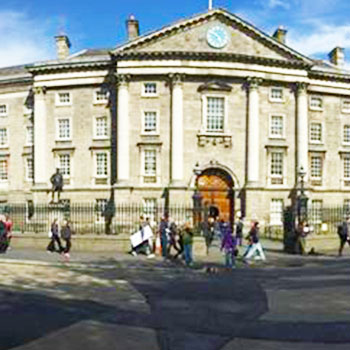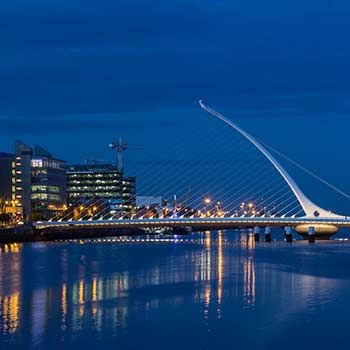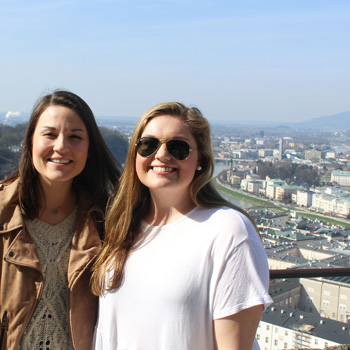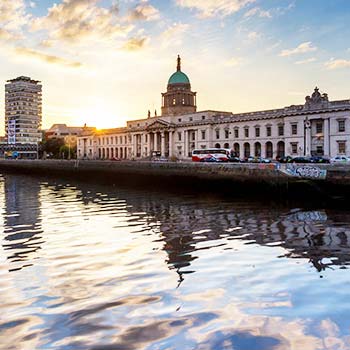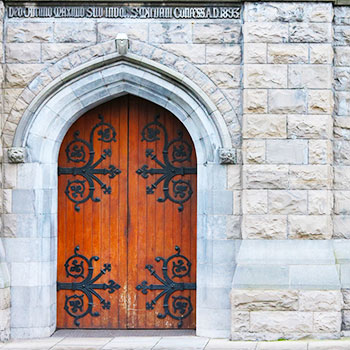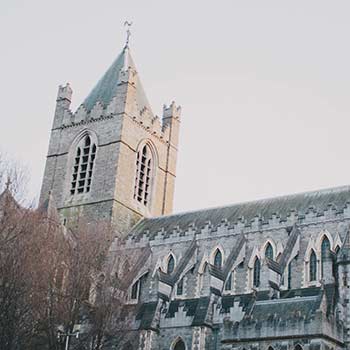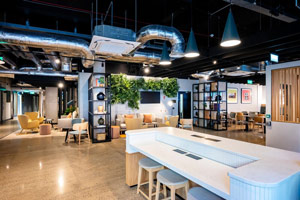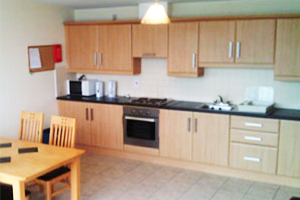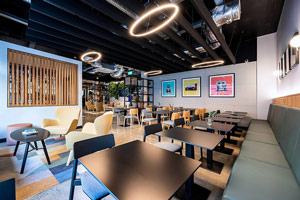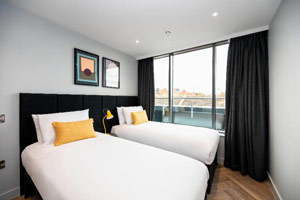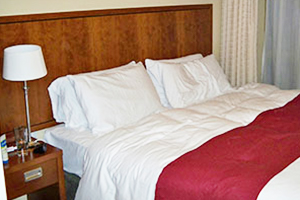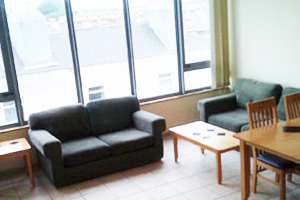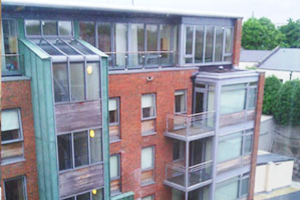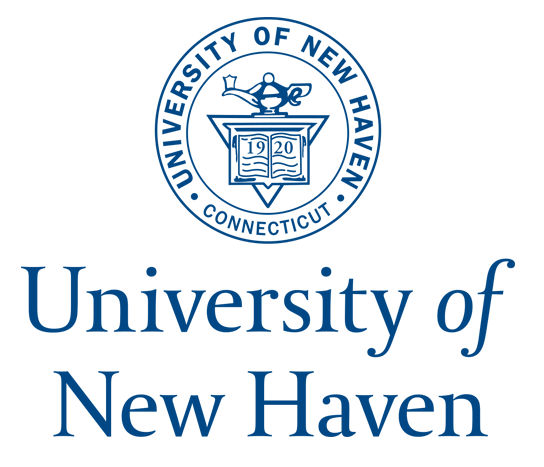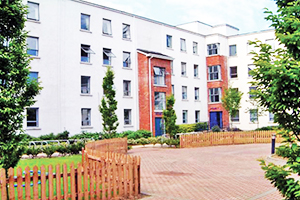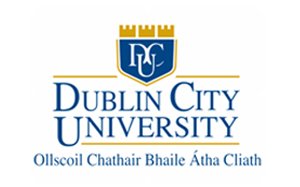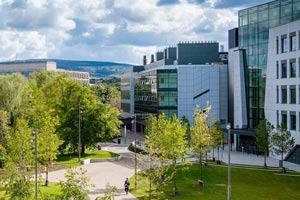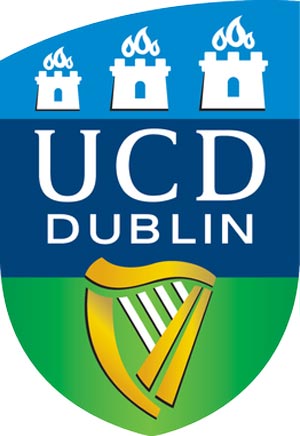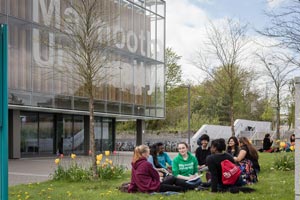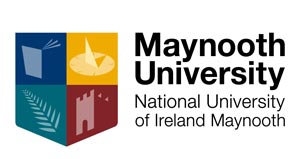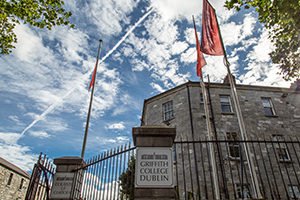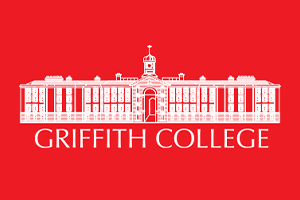Dublin offers amazing opportunities to immerse into Irish life, from sports, theatre, and music, to dance, language exchanges, and volunteering. Wherever your interests lie, the Dublin staff will happily help you engage with Irish culture. Here are just a few examples:
Greyhound Racing
Engage in the electrifying thrill of one of Ireland’s most popular past-times for locals and tourists alike: greyhound racing. After an action-packed day at the races with friends, the phrase “going to the dogs” takes on a whole new meaning! With greyhound tracks scattered throughout Dublin, nothing makes for a better evening out with your new international friends than grabbing some meaty Irish stew at the local pub before heading off to the tracks for an evening of competitive canine rapture.
Paintball in the Dublin Mountains
Run! Dodge! Duck! Shoot! Paintballing in Dublin’s mountains gives you an opportunity to test your teamwork skills and tactical abilities—it’s a fun form of warfare! CEA CAPA staff and students join other international students to battle it out in Mother Nature’s Irish stadium: the iconic, emerald mountains of Dublin, a stunning backdrop to the day’s activity.
International Food Evening
Whether they’re from North America, Europe, or anywhere else in the world, students are required to bring only one thing to the CEA CAPA Dublin Center’s International Food Evening: a hearty appetite. Let your taste buds to do the learning during this activity, as you share specialties and delicacies from your home country with classmates, and try theirs in turn.
Irish Ceili and Set Dancing
The Riverdance phenomenon introduced traditional Irish Ceili and set dancing to a worldwide audience. You can experience the thrill of this vibrant dance form at Dublin’s many Ceili and set-dancing venues. Join us at the national center for Irish music and dance to learn a few basic steps and, with the help of locals, participate in various forms of Irish dance.
Irish Sports – Gaelic Football, Hurling
The countrywide Gaelic Athletic Association (GAA) hosts thousands of Gaelic sporting events throughout the year. Why not try your hand at Gaelic Football or Hurling by joining a local team? Even if you don’t want to participate, you can still attend weekly matches and discover just how deep each team’s pride goes… whether it’s from the local area, the county, or the province.
Theatre and Music
The Irish are known the world over for their literature, theatre, and music, and many luminaries come from Dublin. Opportunities to experience the performing arts abound throughout the city. Attend a play in the famous Abbey Theatre or enjoy the raw talent of emerging Irish musicians and groups in the pubs and venues that dot the city.
Gaelic Language
Irish (or Gaelic) may be Ireland’s first spoken language, but today it’s only spoken in rural areas of the west coast. However, it’s still the country’s first official language and is taught to all children in Irish schools. Taking a class in beginner’s Irish through Conradh na Gaeilge (Gaelic League) will add another dimension to your understanding of Irish identity.
Volunteer Opportunities
The Irish are known for being generous with their time and talents when it comes to volunteering. You can participate in this aspect of Irish life by sharing your time and abilities with those less fortunate, such as local organizations that assist the homeless, travelers, immigrants, and those with addictions.
Examples Include:
- Working for a charity shop
- Helping kids in an after-school project
- Soup runs for the homeless


